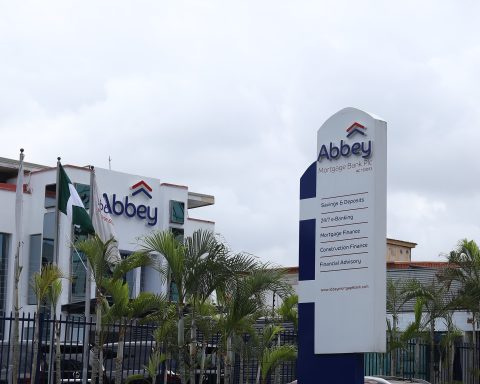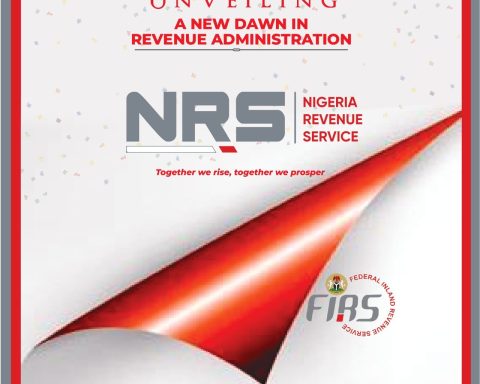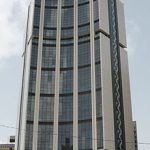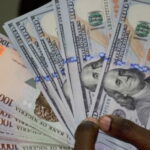The Nigerian Presidency has countered a claim by president of the African Development Bank (AfDB), Dr Akinwumi Adesina on Nigeria’s Gross Domestic Product (GDP) per capita.
Adesina reportedly said that Nigerians today are worse off than they were in 1960 in terms of GDP per capita. The outgoing AfDB president was quoted to have said that Nigeria’s GDP per capita in 1960 was $1,847 and $824 in 2025.
Join our WhatsApp ChannelReacting to that, Special Adviser to President Tinubu on Information and Strategy, Bayo Onanuga, said the figures attributed to Adesina were not correct and therefore faulted his conclusion on the status of the economy and standard of living for Nigerians.
Onanuga stated that available data shows that the country’s GDP was $4.2 billion in 1960, and per capita income for a population of 44.9 million was $93.
He observed that Nigeria’s GDP did not record a remarkable growth until the 1970s, during the oil boom.
READ ALSO: $4tn Needed Annually To Achieve SDGs By 2030- Adesina
“In 1970, our GDP rose to $12.55 billion. In 1975, it was $27.7 billion, $64.2 billion in 1980, and $164 billion in 1981. Up until 1980, per capita income did not exceed $880. It rose to $2187 in 1981 and dropped to $1844 in 1982. In 2014, after rebasing, it reached an all-time high of $3,200.
“These facts raise questions about the source of Dr Adesina’s figures.”
He argued that GDP does not account for many activities in a country’s economy. “It neither discloses wealth distribution or income inequality nor accounts for the informal economy, which experts have said is enormous. It does not account for subsistence farming or income transfer from one family member to another,” Onanuga stated.
Citing instances to back up his claim, Onanuga asserted that GDP figures alone do not provide a complete picture of a country’s economic potential or the living standards of its people.
According to him, the core function of GDP data “is in giving us the metrics to compare economic output in a country or between countries.”
He said GDP is not the only criterion used to determine whether people live better lives now than in the past.
He added that GDP per capita does not indicate whether Nigerians in 2025 will enjoy better access to healthcare, education, and transportation, such as rail and air transport, than in 1960.
The presidential spokesman contended that with the premise alone, Adesina should not have arrived at his conclusion.
He said there are many indices to show that Nigeria today is better than in 1960, in terms of access to education, healthcare and communication.
“Compared with 1960, Nigeria today has more primary, secondary, and tertiary schools. We have more road networks and more medical facilities, private and public. We have phenomenal access to telephones.
“At Independence, we had 18,724 operational phone lines for a population of about 45 million. Over 200 million Nigerians now enjoy near-universal access to mobile phones and digital services, indicating we are better off today than 65 years ago.”
READ ALSO: Rebasing Nigeria’s GDP, Inflation: Any Impact On Economy?
He further stated that policymakers in the country know that whatever GDP figure NBS publishes may not capture the full depth and breadth of the economy if it fails to include the informal economy, which is said to be even more significant than the formal economy.
While citing instances of progress made in the telecommunication sector in the last two decades, he said, “No objective observer can claim that Nigeria has not made progress since 1960.”
He said that as the country awaits the latest GDP report by NBS, after the recent rebasing exercise, it is possible to reach at least 50 times or even 100 times, more than it was at Independence.
Onanuga, who initially said his intention was not aimed at poking holes in Adesina’s figures, however, concluded by saying that “Adesina spoke like a politician in the mould of Peter Obi and did not do due diligence before making his unverifiable statement.”
Victor Ezeja is a passionate journalist with seven years of experience writing on economy, politics and energy. He holds a Master's degree in Mass Communication.










